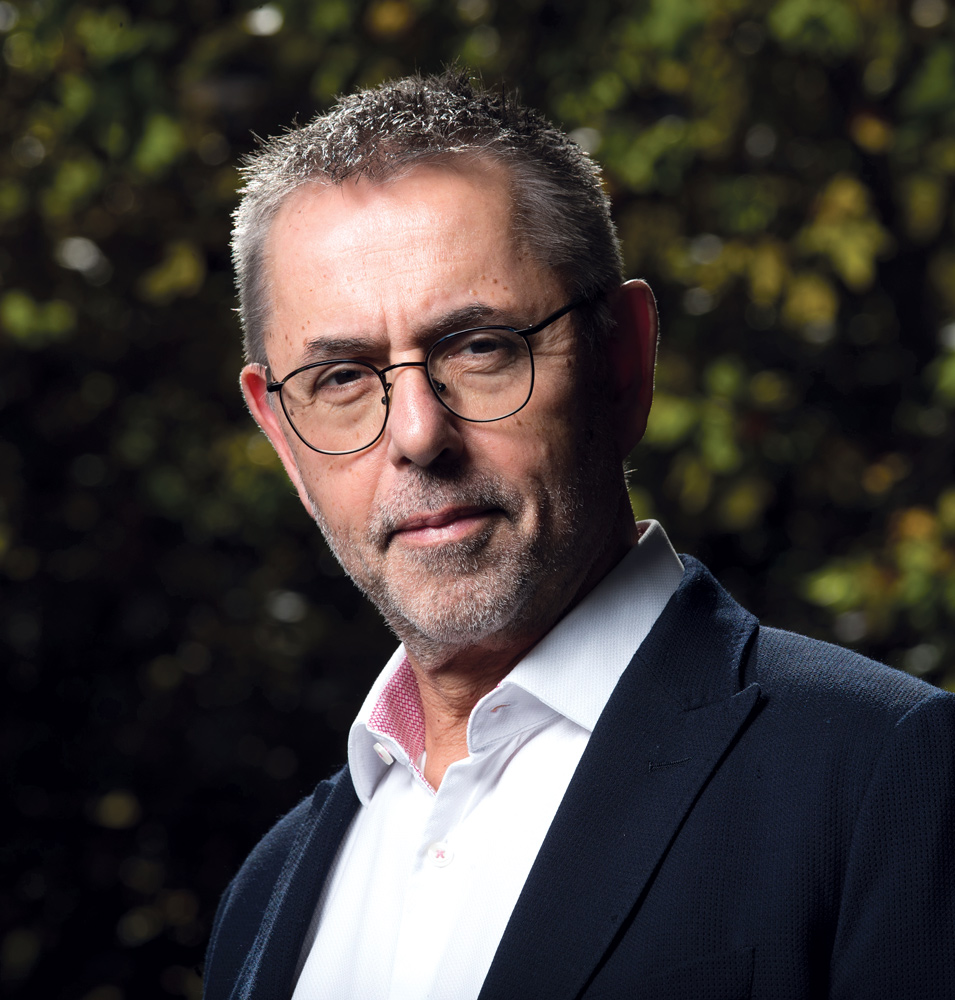Trained in paediatrics, Dr Norman Swan has become the go-to doctor for clear information about COVID-19. And on the side, he’s written a book.
By Cathy O’Leary
The timing of broadcaster Norman Swan’s “ultimate health guide” is impeccable, given it promises to unpack medical myths as the world is bombarded with unprecedented information during the pandemic.


And many Australians could well have some time on their hands to digest the A to Z of health advice from the country’s most trusted doctor as they face rolling lockdowns.
So You Think You Know What’s Good For You? was written by Swan as he juggled commitments as the face of the ABC’s coverage of the pandemic, including The Health Report that he’s presented for 25 years and the daily Coronacast podcast.
He also co-founded Tonic Media Network, a health channel that plays in GPs’ waiting rooms.
Swan says that despite people being bombarded by health advice, it can be difficult to separate the wheat from the chaff. His book covers everything from nutrition to sex.
“No one’s got time to waste on stuff that doesn’t matter, is wrong or isn’t focused on your needs,” Swan says.
What he has produced is common sense advice – the type GPs could confidently recommend to their health-conscious patients, not because it provides any great detail or lightbulb moments, but because it doesn’t spruik narrow or restrictive paths to good health.
He includes detailed referencing too, which can reassure readers his comments are not just thought bubbles.
When it comes to diet, Norman stresses that “life is a package and diet is just one piece.”
He offers this quick myth-bust: there is no Palaeolithic diet, it is romanticised. People in the Stone Age rarely lived past their early 30s which is hardly a glowing recommendation.
On the subject of antioxidant supplements, he says people should save their money and spend it on extra virgin olive oil and red, purple and orange vegetables.
Likewise, he doesn’t mince words about vitamin and mineral supplements, saying it is a multi-million dollar industry based on very little science. “Largely a con,” are his words.
And Swan offers this simple explanation for rising rates of obesity that cuts through all the various diet advice: people just eat too much.
Yet he is no puritan, declaring himself a salt addict, and says he needs rather than wants his coffee, and with full-cream milk thank you, no trendy soy substitutes. He concludes that “coffee is actually pretty good for you.”
Not surprisingly, his final word is on the pandemic, and he is philosophical. He says it’s not the first time that a germ has made history and changed human destiny.
He argues genes and human behaviour through the ages create new diseases or mark the return of old ones.
“We’ve just lived through the worst pandemic to hit humankind for more than 100 years, caused by a new virus that’s probably only existed for a year or two,” he writes. “COVID-19 has killed millions of people and will now likely be with us for eternity.
“My observation is that the general community now understands far more about molecular and cellular biology than they – or me – ever imagined they would.”
ED: So You Think You Know What’s Good For You? is published by Hachette Australia.

